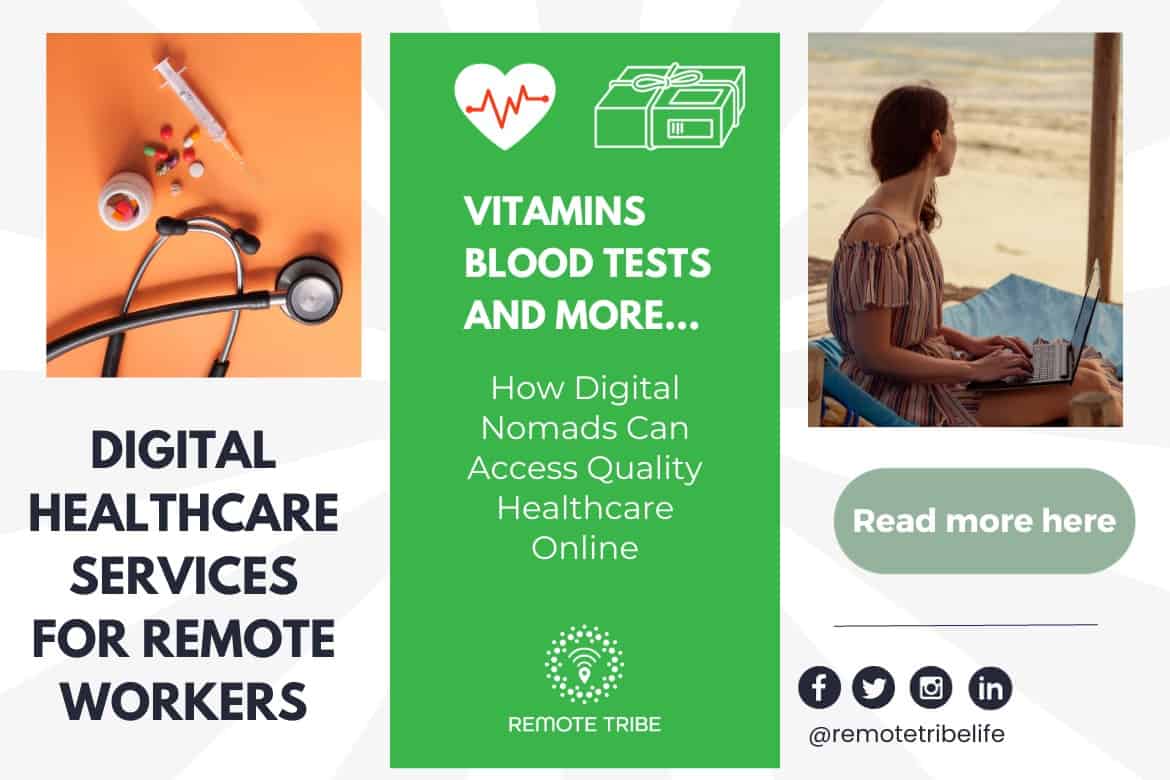Exploring the Growth of Subscription Based Healthcare in the Digital Age
Exploring the Growth of Subscription Based Healthcare in the Digital Age
Blog Article
Browsing the Future of Medicine With Subscription-Based Healthcare Provider
As the healthcare market progresses, subscription-based services emerge as a crucial version guaranteeing to reshape individual treatment distribution. With the prospective to provide streamlined, cost-effective services through foreseeable prices and individualized interest, these services stand at the center of modern clinical technology. Yet, as we consider their rise, one need to consider the implications of incorporating such systems into existing medical care structures. What difficulties do they position in terms of information safety and security and equitable gain access to, and how might they redefine the patient-provider partnership? The response to these questions can fundamentally modify our technique to healthcare.
Rise of Membership Health Care
As healthcare systems worldwide face increasing pressures from climbing costs and need for solutions, the introduction of subscription-based medical care models has actually become a transformative trend. This ingenious strategy is disrupting standard healthcare delivery by offering a predictable, flat-rate repayment structure for clinical solutions. Rooted in the concepts of concierge medicine, subscription-based medical care enables service providers to concentrate on tailored patient care while concurrently taking care of functional efficiencies.
The raising customer need for transparency and predictability in healthcare expenditures has driven the change in the direction of this model. Subscription-based solutions commonly use straight access to medical care experts, which can decrease the management worries associated with insurance cases and compensations.
This version is gaining grip among varied health care service providers, from medical care doctors to specialized centers, by lining up monetary incentives with continual and precautionary treatment. By changing the emphasis from volume to value-based treatment, subscription health care has the possible to reshape the landscape, cultivating a more patient-centered and sustainable strategy to health and wellness monitoring.
Benefits for People

Additionally, subscription-based solutions usually emphasize preventive care, motivating routine check-ups and wellness testings. This aggressive strategy can bring about early detection of health issues, potentially improving outcomes and lowering lasting medical care prices for patients. Such models generally offer clear pricing, permitting individuals to better recognize their health care expenditures and avoid unforeseen medical bills.
The personalized nature of subscription-based medical care likewise boosts client experience. Individuals can receive tailored medical care plans that fit their details needs, promoting an extra patient-centric technique.
Technology's Role in Improvement

Expert system (AI) plays an essential duty in anticipating analytics, helping in very early medical diagnosis and customized therapy strategies. AI formulas assess substantial datasets to recognize patterns that may be overlooked by human monitoring, thus enhancing medical decision-making. Digital health and wellness records (EHRs) improve client information monitoring, making certain continuity and coherence of treatment across numerous solutions and companies.
Blockchain technology boosts data safety and privacy, crucial for keeping client rely on electronic systems. It allows protected and clear deals of medical information, making sure that delicate information continues to be secured. With the assimilation of device learning and AI, blockchain can automate complicated healthcare processes, reducing administrative burdens.
Obstacles and Considerations
While innovation moves the capacities of subscription-based healthcare solutions, it also introduces a collection of challenges and considerations that have to be addressed to guarantee effective implementation. One considerable obstacle is the fair availability of these services. As subscription designs often depend on electronic platforms, there is a danger of worsening the electronic divide, leaving behind individuals without web accessibility or electronic proficiency. Ensuring these services do not disproportionately profit only tech-savvy and redirected here wealthy populations is essential.
Data personal privacy and protection stand for one more important factor to consider. Subscription-based solutions often involve the collection and storage space of huge quantities of personal wellness information. Companies should stick to strict data defense policies to maintain patient trust and prevent unapproved accessibility, which could lead to substantial moral and legal repercussions.
Furthermore, the sustainability of membership designs positions a challenge. As medical care requires develop, maintaining an affordable balance in between membership fees and solution high quality is vital to prevent patient frustration and attrition. Furthermore, integrating these solutions within conventional medical care systems requires seamless interoperability between systems, which is often a complex and resource-intensive undertaking. Resolving these Discover More difficulties is crucial as subscription-based healthcare solutions continue to increase and develop.
Future Ramifications for Medication
Subscription-based health care solutions are positioned to dramatically affect the future landscape of medication by improving just how care is accessed and provided. These designs use the possible to equalize health care gain access to, providing clients with more timely and personalized interventions. By leveraging technology, such as telemedicine and data analytics, subscription solutions can promote continual tracking and tailored health management, thus boosting end results and lowering the problem on standard health care systems.
As these solutions gain grip, they could promote a change towards preventative care, stressing the importance of very early discovery and monitoring of persistent conditions. This proactive strategy might ultimately decrease healthcare prices by mitigating the requirement for expensive therapies occurring from late-stage disease management. Membership versions offer a scalable remedy to deal with disparities in health care accessibility, especially in country or underserved populaces.
Nonetheless, the shift in the direction of subscription-based designs requires dealing with moral and regulatory factors to consider, consisting of data privacy and fair accessibility. As the market advances, collaborative initiatives between policymakers, technology designers, and doctor will be vital to developing robust frameworks that guard client rate of interests while cultivating innovation. Eventually, these solutions promise to contribute substantially to an extra efficient, patient-centered healthcare environment.

Final Thought
Subscription-based healthcare services stand for a substantial read what he said evolution in the clinical field, using foreseeable costs and personalized care that boost accessibility and prioritize precautionary actions. Technological developments, such as telemedicine and AI-driven analytics, assist in customized patient experiences, boosting general wellness results. Difficulties such as information personal privacy and equitable access should be dealt with to guarantee the extensive advantages of these services. As the health care landscape develops, subscription designs are poised to play a vital duty in forming the future of medicine.
As the health care industry evolves, subscription-based solutions arise as a pivotal model promising to improve individual care distribution.As medical care systems around the world face enhancing pressures from climbing expenses and demand for solutions, the development of subscription-based healthcare versions has actually emerged as a transformative trend (subscription based healthcare).With the surge of subscription-based health care models improving conventional medical care delivery, patients are starting to experience significant advantages from this ingenious strategy. As health care needs advance, preserving an economical balance in between subscription charges and solution high quality is vital to protect against individual frustration and attrition.Subscription-based health care solutions are poised to dramatically influence the future landscape of medicine by improving how treatment is accessed and supplied
Report this page